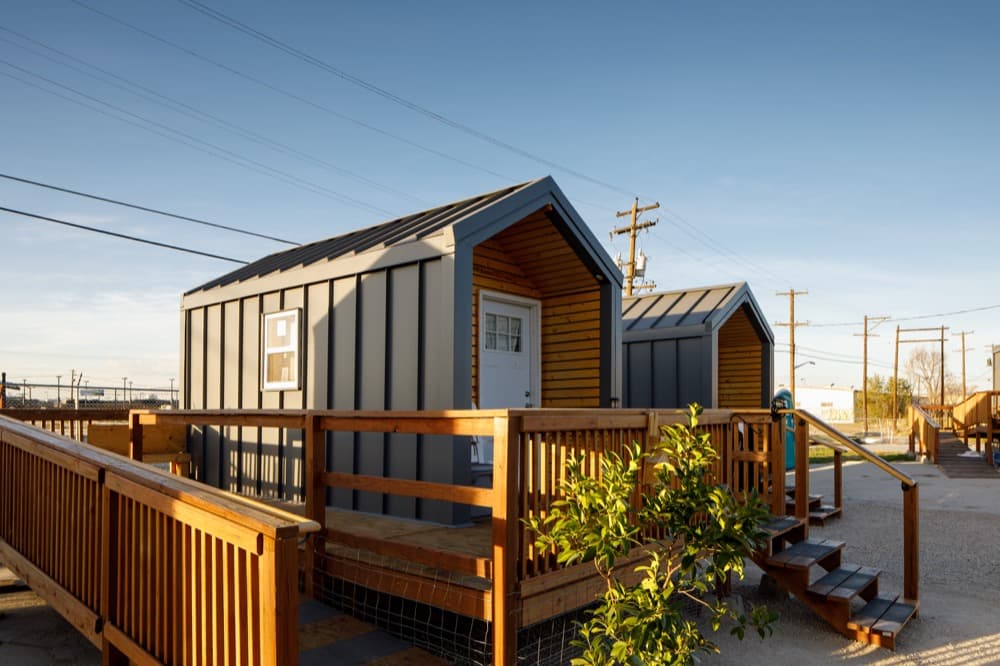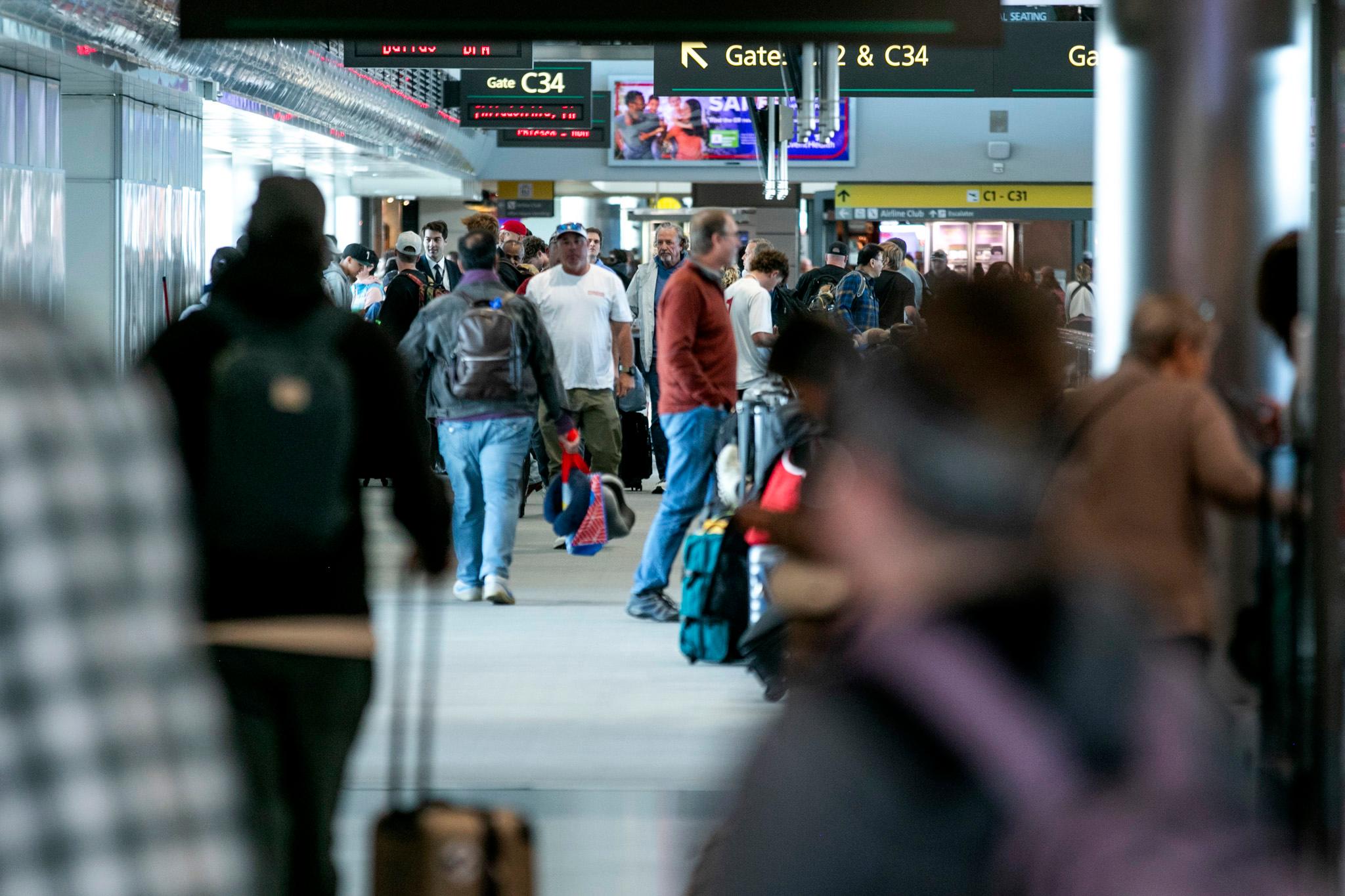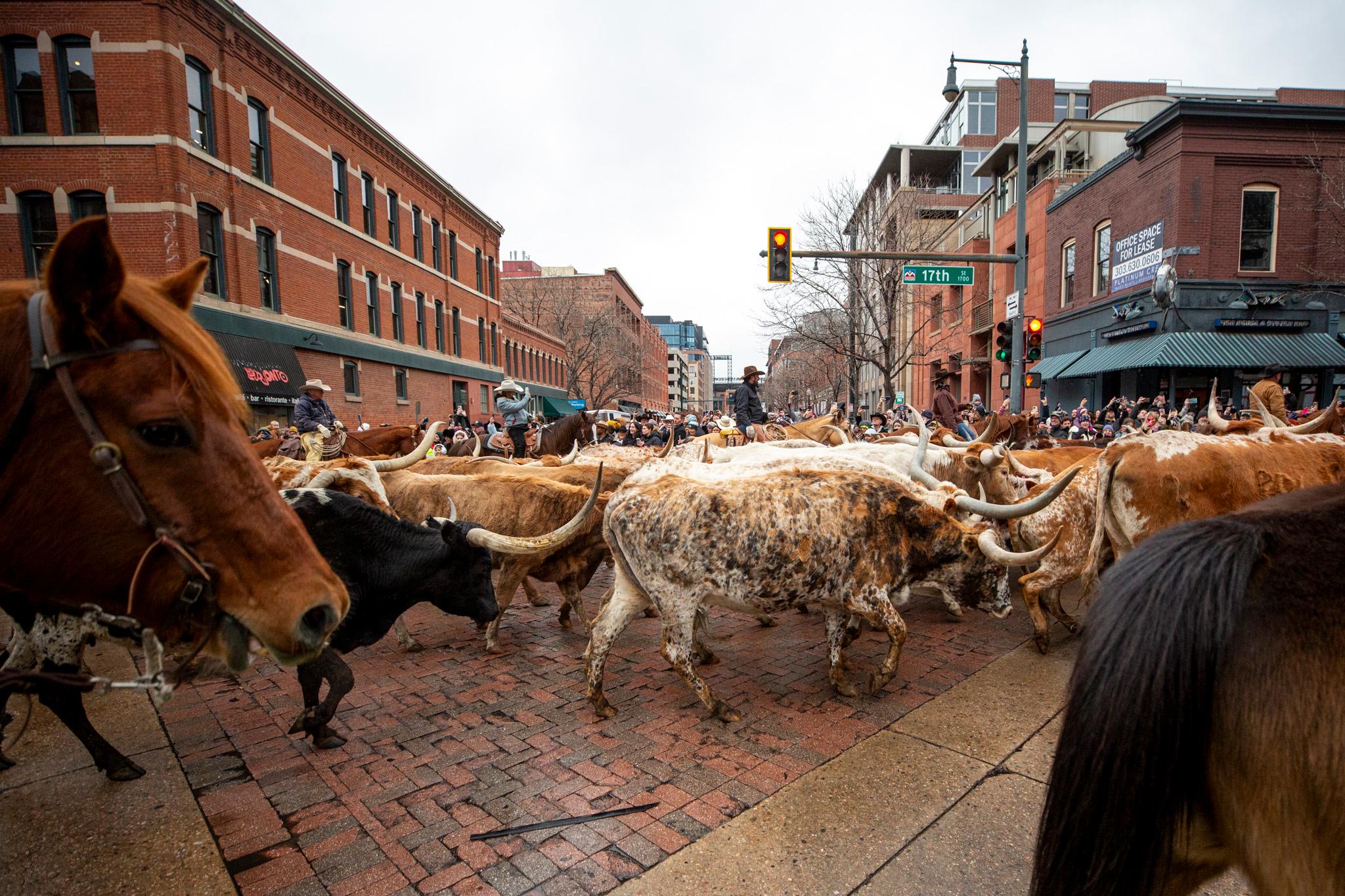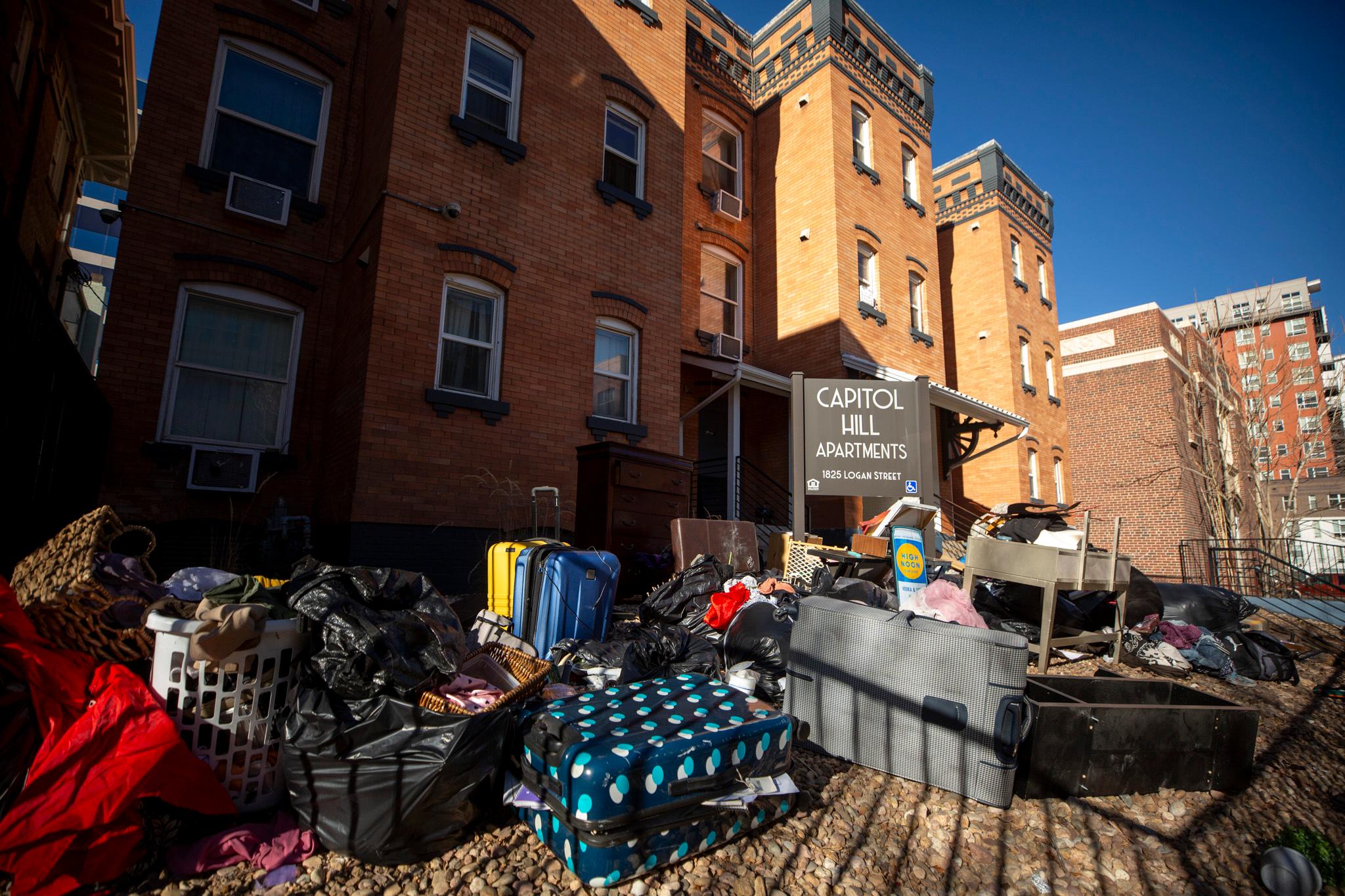
Beloved Community Village, a self-governed project for people who need housing, has moved about 100 feet. Some city leaders say that shouldn't have to happen again.
The cluster of 11 small houses stood near 38th and Walnut for six months, allowing 20 people to live on an otherwise vacant lot. It was a "pilot project," one city staffer said.
The villagers passed the test with flying colors -- but they still had their 96-square-foot homes hauled to the lot next door at a cost of thousands of dollars.
Why? Because the city's rules said so.
Beloved is the first legal residence of its kind in Denver. (A previous attempt to build one ended in arrests.) Mayor Michael Hancock personally ordered the approval of this one.
But when city planners approved the creation of Beloved, they set a time limit: six months. City staff had categorized the village as a temporary use of the land.
It was a way to make a new type of project work without changing Denver's laws. The Denver City Council didn't have to approve it. But it was also a trial period -- a test.
"There were discussions early on in the process about trying to make this work as a pilot project," said Nathan Lucero, an assistant city attorney.
Time is up.
Beloved's permit will expire on Jan. 16, as expected, about six months after the villagers moved in.
Luckily, the site next door was available. Urban Land Conservancy owns both lots. With the help of a forklift crew, the villagers got their community room, bathhouse and belongings over the property line.
The whole process struck some council members as unnecessary. Councilman Paul Kashmann suggested on Monday that the law be changed, and several others joined in.
"What is the difference between six months on one site and six months on another site ... ?" asked Councilman Rafael Espinoza.
At least four other council members agreed, and none expressed opposition. Council members Albus Brooks, Kevin Flynn and Chris Herndon were not at the meeting. Councilwoman At-large Robin Kniech said the city should make the permits for the village renewable.
Kashmann said he didn't sense enough "urgency."
"A year later, to be hearing, we haven’t gotten started at that yet, is not good enough," he said. "I would ask the administration to please move this a little bit closer to the front burner."
City staff said they had sped up the rezoning of the tiny homes' new lot in order to accommodate the village. They got it done about a week before the permit expired, clearing the way for villagers to move into their new homes on schedule.
Whether or not the law changes, though, Beloved will have to move again.
Development is planned for the site that the village just left, and also the site where it just arrived. Both projects are scheduled to start construction late this year.
"There’s development proposed on every site that they’d move to," said Councilwoman At-large Debbie Ortega. In fact, three different landowners offered up village sites that were scheduled for development within a year, organizers said.
"There is no reason why Denver, Colorado, couldn’t have a tiny home community that is permanent, like other tiny home communities across the country have done," Ortega said.
She wanted "to see a long-term commitment to us being able to have a permanent tiny home village in the city, and not necessarily just one."
And she praised the low cost of the units: around $22,000 each, a small fraction of the cost of larger-scale projects, organizers said. The villagers are set to move into their old homes -- at a slightly different address -- within the next week.
Correction: This story previously misattributed a quote about "urgency" to Councilman Wayne New instead of Councilman Paul Kashmann.











